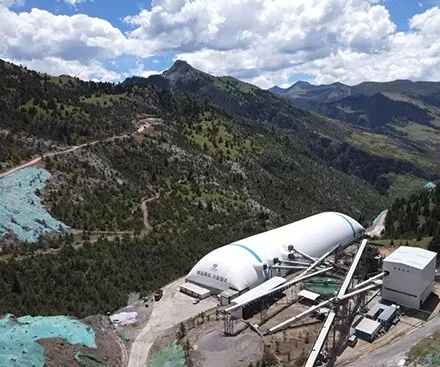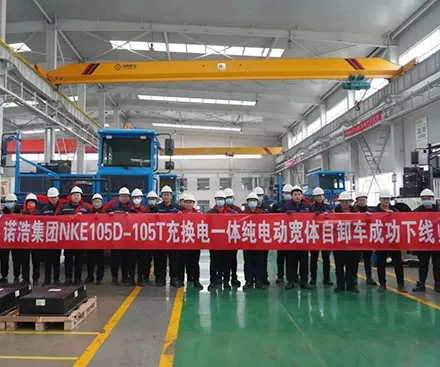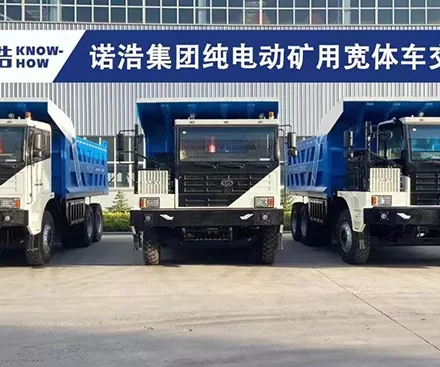When it comes to choosing the right dump truck for your project, understanding the differences between light duty dump trucks and heavy duty dump trucks is crucial. Each type serves a distinct purpose and is tailored to meet specific operational requirements. Below, we delve into the detailed comparison of these two categories to help you make an informed decision.
Light duty dump trucks are designed for smaller-scale operations. These trucks are ideal for tasks that require maneuverability and efficiency in tight spaces.
1. Payload Capacity: Typically ranging from 2 to 6 tons, light duty dump trucks are suitable for hauling lighter materials such as soil, sand, or small debris.
2. Size and Design: Compact and lightweight, they are perfect for residential construction sites, landscaping projects, and minor road repairs.
3. Fuel Efficiency: These trucks consume less fuel, making them cost-effective for operations with frequent trips.
4. Versatility: Many models come with features like hydraulic beds and customizable configurations to cater to specific tasks.
- Cost-Effective: Lower initial investment and maintenance costs.
- Ease of Use: Smaller size allows for easier handling and reduced driver training time.
- Environmental Benefits: Reduced fuel consumption leads to lower emissions.
Heavy duty dump trucks, on the other hand, are engineered for large-scale and industrial projects. These trucks are built to handle extreme loads and challenging terrains.
1. Payload Capacity: With a capacity exceeding 15 tons, heavy duty dump trucks are ideal for transporting heavy materials like gravel, boulders, and industrial waste.
2. Robust Construction: Equipped with reinforced frames and powerful engines, these trucks can operate under harsh conditions.
3. Advanced Technology: Many models feature GPS tracking, load monitoring systems, and advanced suspension for enhanced performance.
4. Off-Road Capabilities: Designed to tackle rugged terrains such as mining sites and large-scale construction zones.
- High Efficiency: Capable of moving significant volumes in fewer trips, reducing overall project time.
- Durability: Built to withstand heavy wear and tear, ensuring longevity.
- Specialized Applications: Suitable for mining, large-scale construction, and infrastructure projects.
- Light Duty: Best for small to medium loads.
- Heavy Duty: Designed for massive, heavy loads.
- Light Duty: Lower purchase and maintenance costs.
- Heavy Duty: Higher initial investment but greater long-term value for large-scale projects.
- Light Duty: More fuel-efficient for short hauls.
- Heavy Duty: Consumes more fuel due to larger engines but is more efficient for large loads.
- Light Duty: Superior in tight urban or residential spaces.
- Heavy Duty: Requires open areas and professional drivers due to its size and weight.
- Light Duty: Landscaping, small construction projects, and delivery of light materials.
- Heavy Duty: Mining, large-scale construction, and industrial material transport.
Analyze the scale and scope of your project. For example, landscaping jobs will benefit from light duty dump trucks, while heavy construction requires the power of heavy duty models.
Determine not only the purchase cost but also maintenance and operational expenses.
Light duty trucks excel in urban areas, whereas heavy duty trucks dominate in rough, off-road environments.
Heavy duty dump trucks often require skilled drivers with specialized licenses, whereas light duty trucks can be operated with basic training.
Selecting between light duty dump trucks and heavy duty dump trucks depends on the specific needs of your project. Light duty trucks are ideal for smaller, cost-effective operations, while heavy duty trucks are indispensable for industrial-scale tasks. Assessing factors like payload capacity, terrain, and budget will guide you toward the best option.

Jul. 23, 2022
View More
Jun. 15, 2022
View More
Jun. 01, 2022
View More